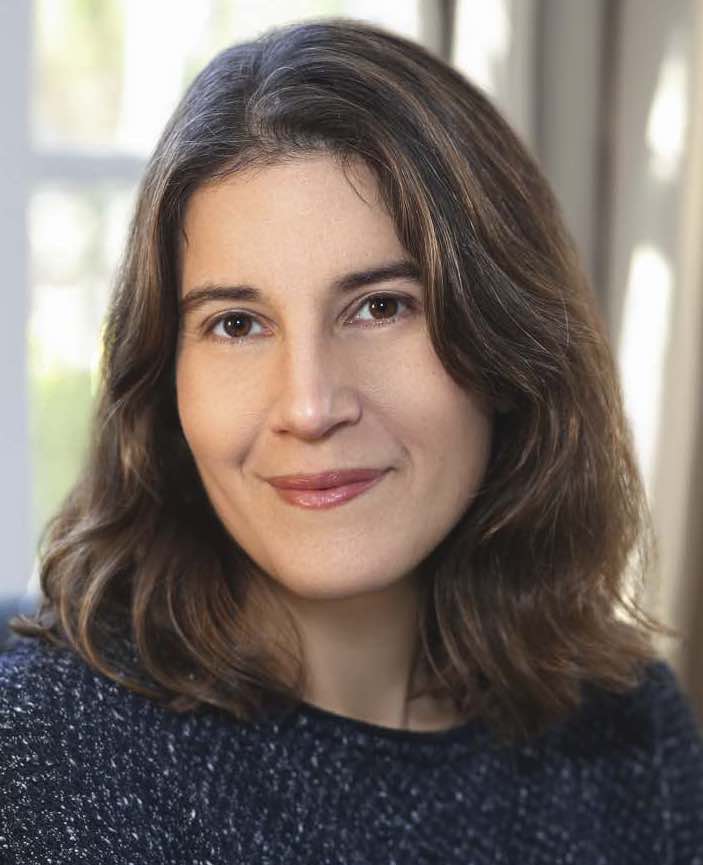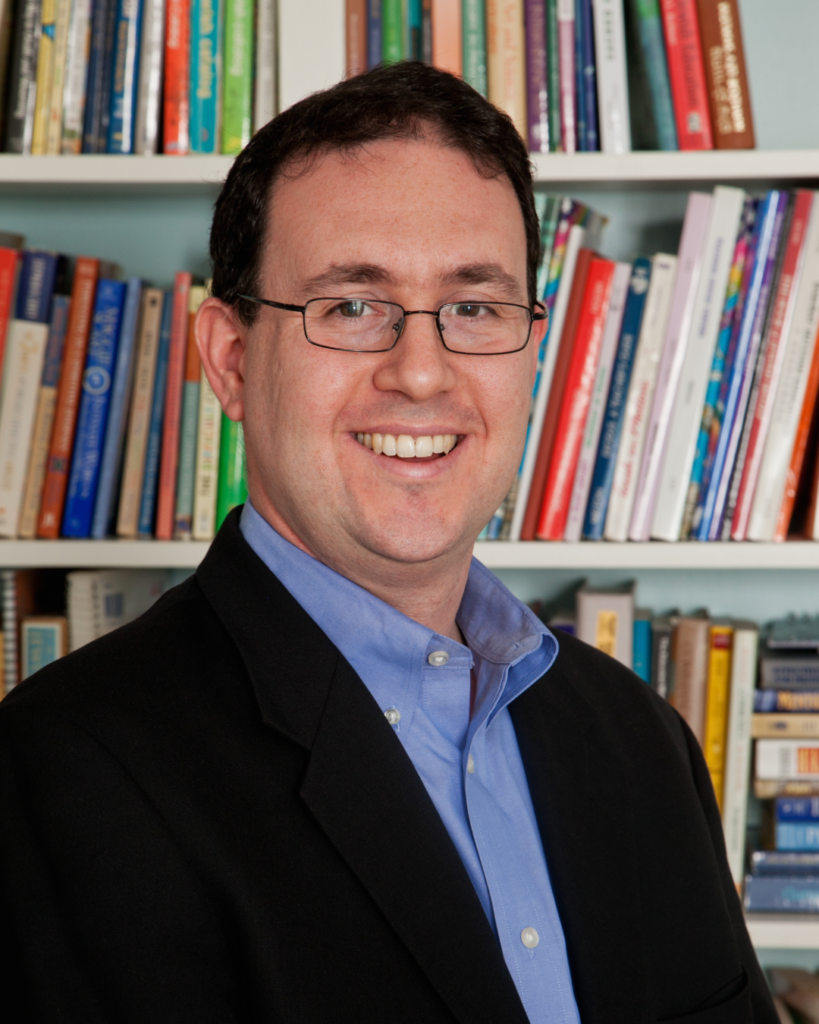
Philanthropy and private giving are a vital part of American democracy and deeply ingrained in Jewish communal life. Historian Lila Corwin Berman, Ph.D., has, through her scholarship, shed light on the history of Jewish philanthropy while raising questions about how it is practiced. Who benefits from philanthropy? Who gets to decide how dollars are spent? Do good intentions lead to good results? Does philanthropy advance democracy?
Now, an upcoming program offers students at the Reconstructionist Rabbinical College and members of the public a special opportunity to learn from and engage with Berman on these and other questions.
The lecture, titled, “Power to Which People? American Jewish Philanthropy & American Democracy,” will take place at 11:10 a.m. March 13.
Register here to participate by Zoom. The program, known as the Bunis Lecture, is part of a broader initiative at RRC called the Democracy Fellowship.
“With a new understanding of the historical transformations that led us to this moment, how might we re-envision philanthropy so it is less a handmaiden to capitalism above all else and more an agent of the broad citizenry of democracy?” Berman wrote in an essay for Evolve: Groundbreaking Jewish Conversations. “What old and new practices can guide us to heal the open wounds of economic inequality and hierarchy?”
Berman directs Temple University’s Feinstein Center for American Jewish History and is the author of The American Jewish Philanthropic Complex: The History of a Multibillion-Dollar Institution. (Check out her interview on the Evolve podcast titled “Jews and Money: A Frank Conversation.”)
Rabbi William Plevan, Ph.D., visiting assistant professor of contemporary thought at RRC, is organizing the program.
“This is a chance to think about and learn about the ways in which philanthropy shapes American Jewish life. Berman’s work offers us an opportunity to really think about whether democratic norms and the democratic ethos are, or aren’t, part of American Jewish life,” said Plevan.

The Berman program is, fittingly, supported by a philanthropic gift. The Bunis Lecture is named after Louis Bunis, a Reconstructionist leader in Buffalo, N.Y. Bunis, who died in 1989, worked to grow the movement alongside founders like Rabbi Ira Eisenstein and Rabbi Mordecai Kaplan. His son, David Bunis, established the lecture series in the early 1990s to honor his father’s legacy and explore relevant issues in contemporary American Jewish life.
Plevan, organizer of the program, serves as RRC’s Democracy Fellow. This new one-year initiative explores the links between Judaism, particularly the Reconstructionist approach, and democracy. Plevan is serving as the inaugural fellow and is organizing a variety of public programs and classroom opportunities to engage with these topics.
This is a chance to think about and learn about the ways in which philanthropy shapes American Jewish life.
Rabbi William Plevan, Ph.D.
The fellowship is meant to honor of the work of two retired faculty member: Rabbi Mordechai Liebling, RRC ‘85, who started RRC’s social justice organizing program, and Rabbi Nancy Fuchs Kreimer, Ph.D., RRC ‘82, who pioneered the college’s approach to multifaith studies.
As part of the fellowship, Plevan also will be taking part in a March 20 panel discussion, “Democracy and Judaism: Does One Need the Other to Thrive?”, organized by the Reconstructionist Rabbinical Association, the Kaplan Center for Jewish Peoplehood and A More Perfect Union: Jewish Partnership for Democracy (register here.) Democracy comes up in many of Plevan’s classes at RRC, particularly a course examining democracy and Jewish sources. He said to expect fall programming in advance of the 2024 elections.
Taken together, the fellowship will explore and champion how Reconstructionism teaches that participatory democracy is vital for religious flourishing.
“For many people, religious pluralism means keeping religion outside of the public realm,” said Plevan. “That wasn’t Kaplan’s view at all. He taught that what a thriving democracy needs is having different kinds of peoples and traditions and ideas contributing to public life.”





